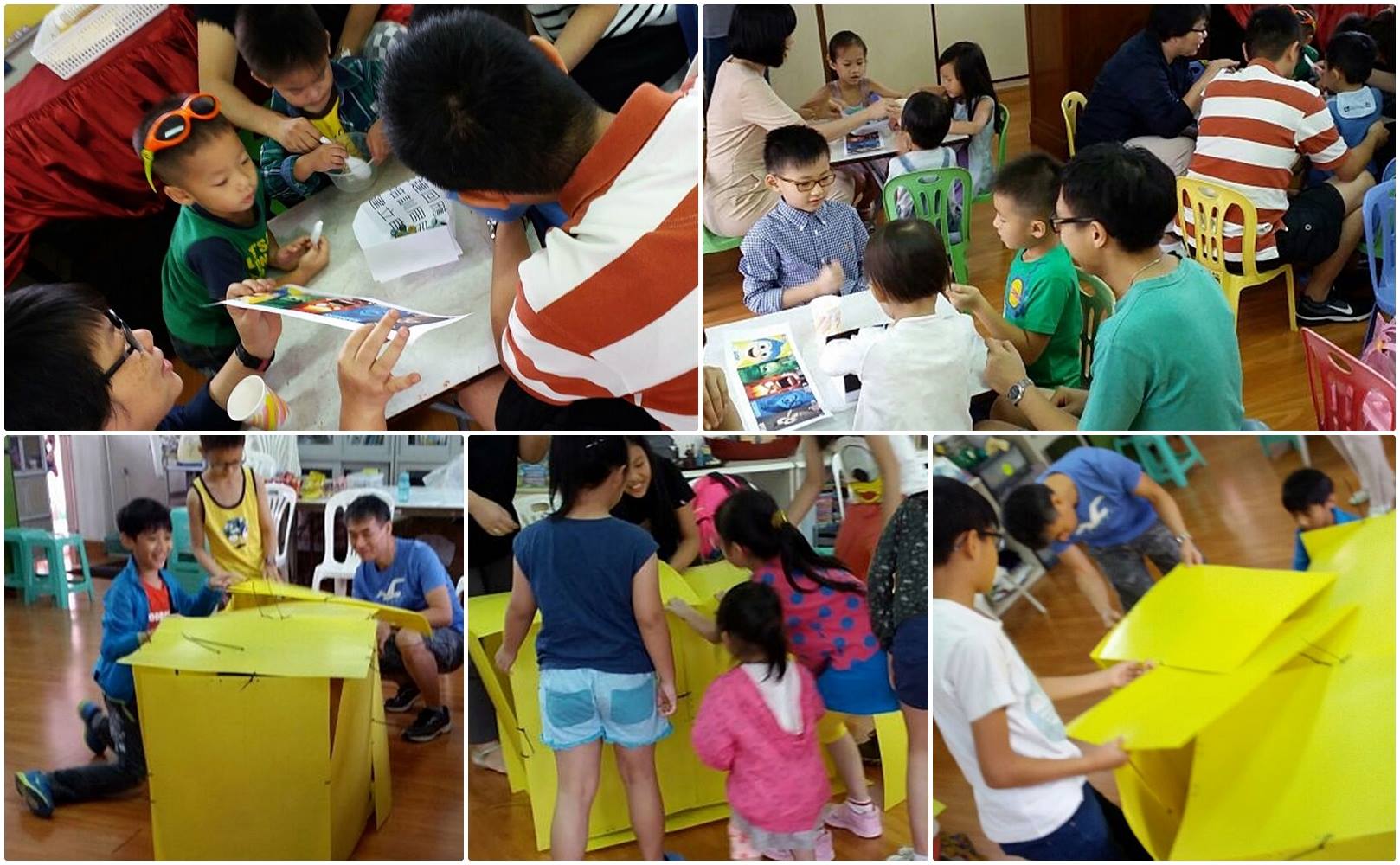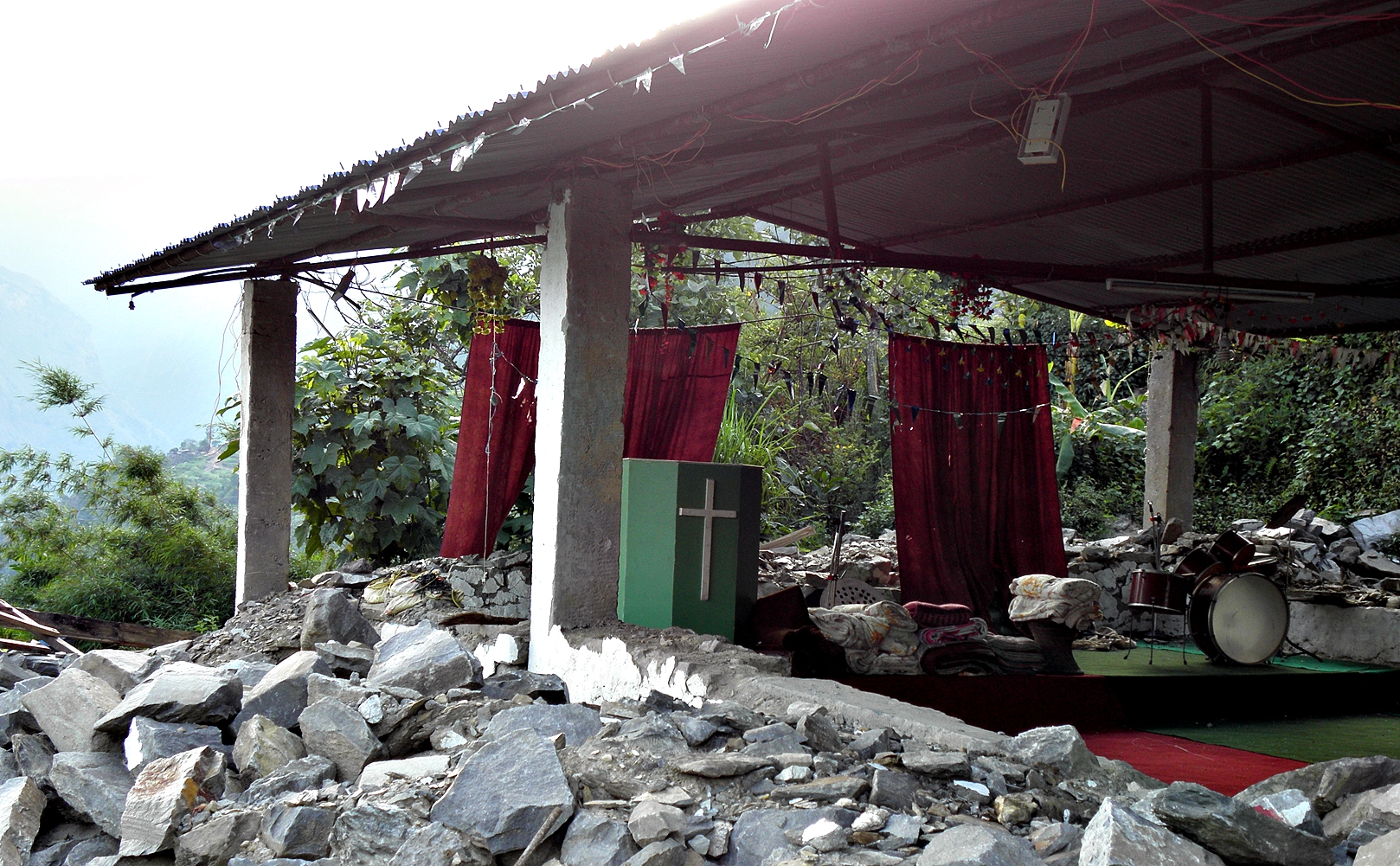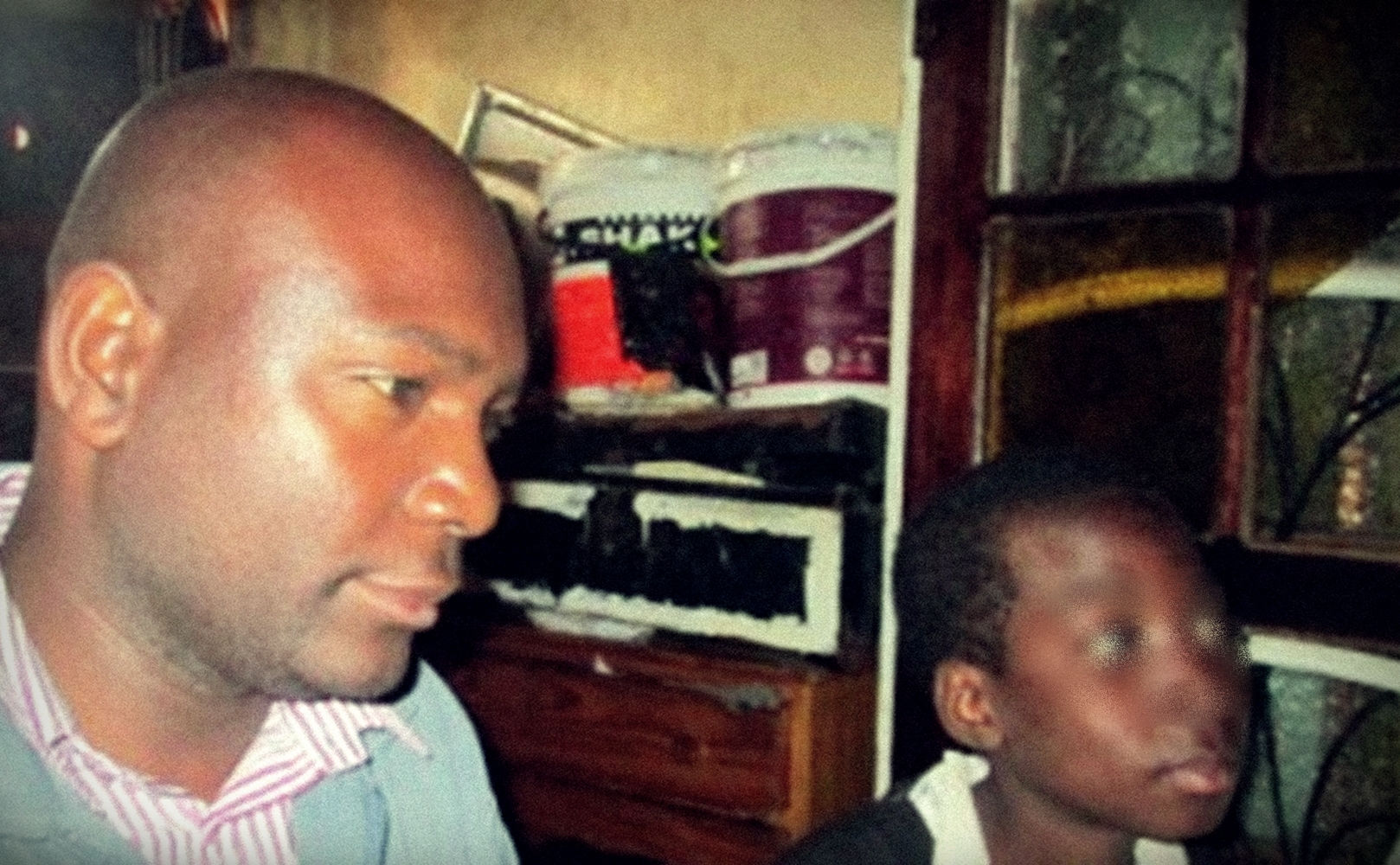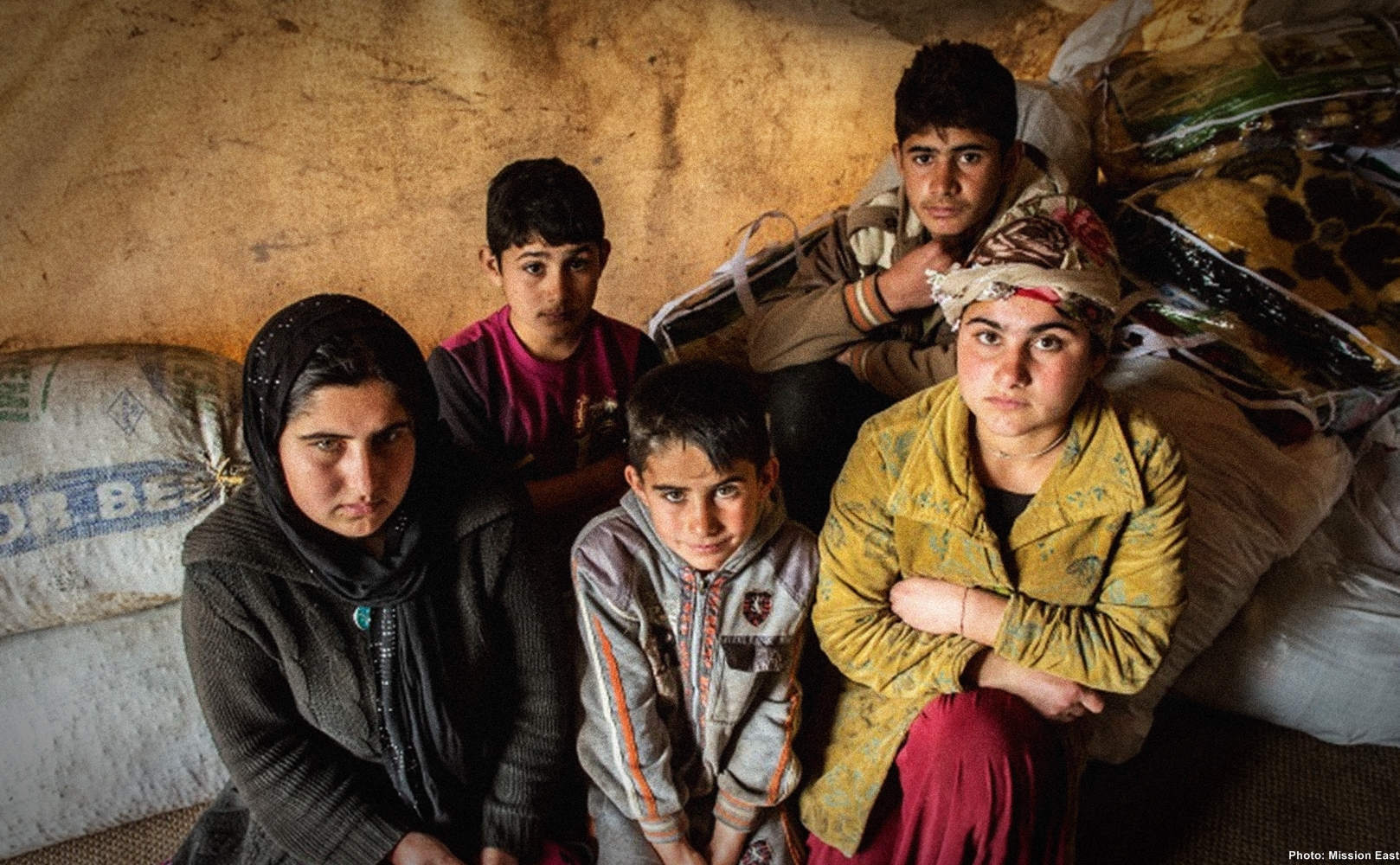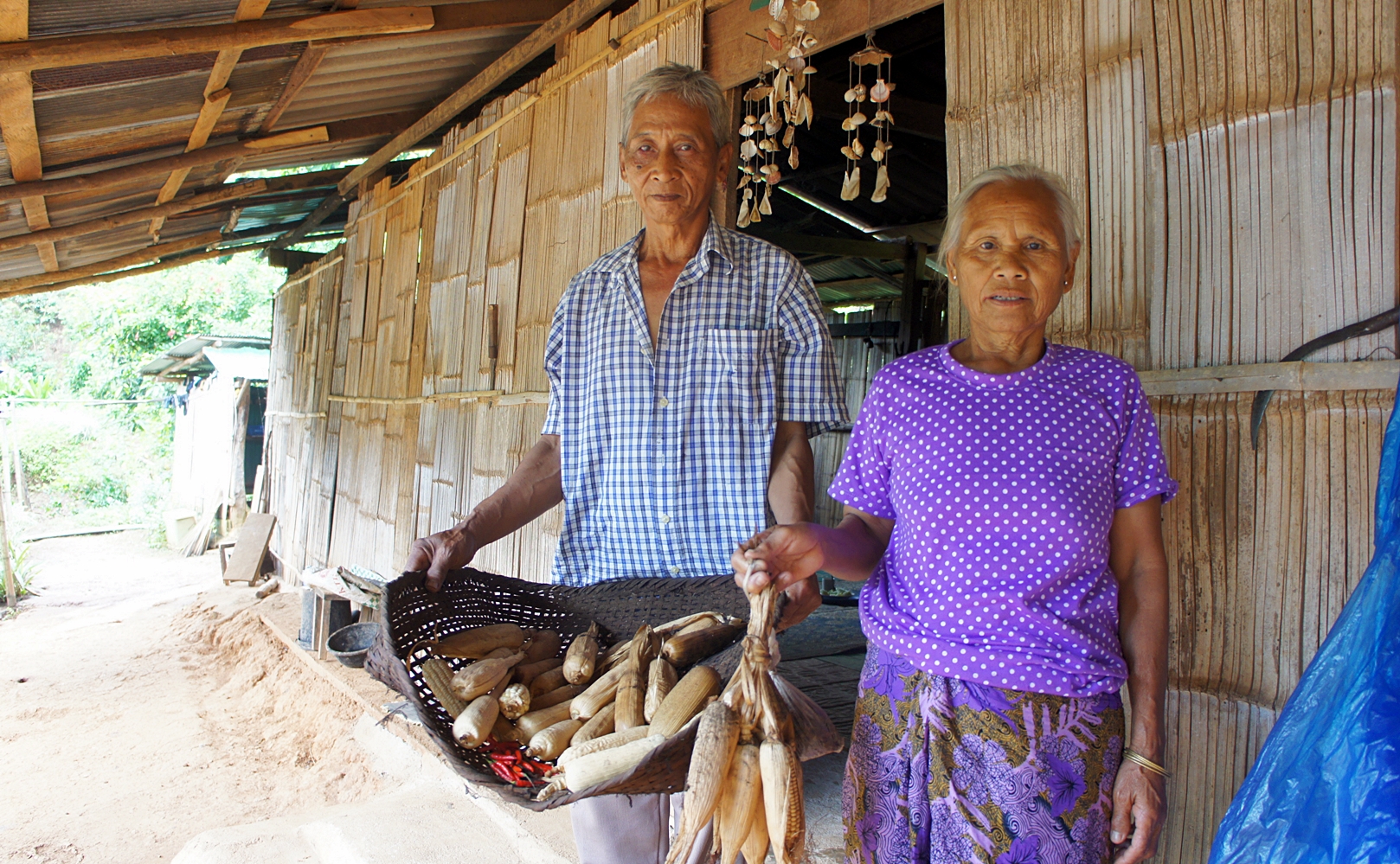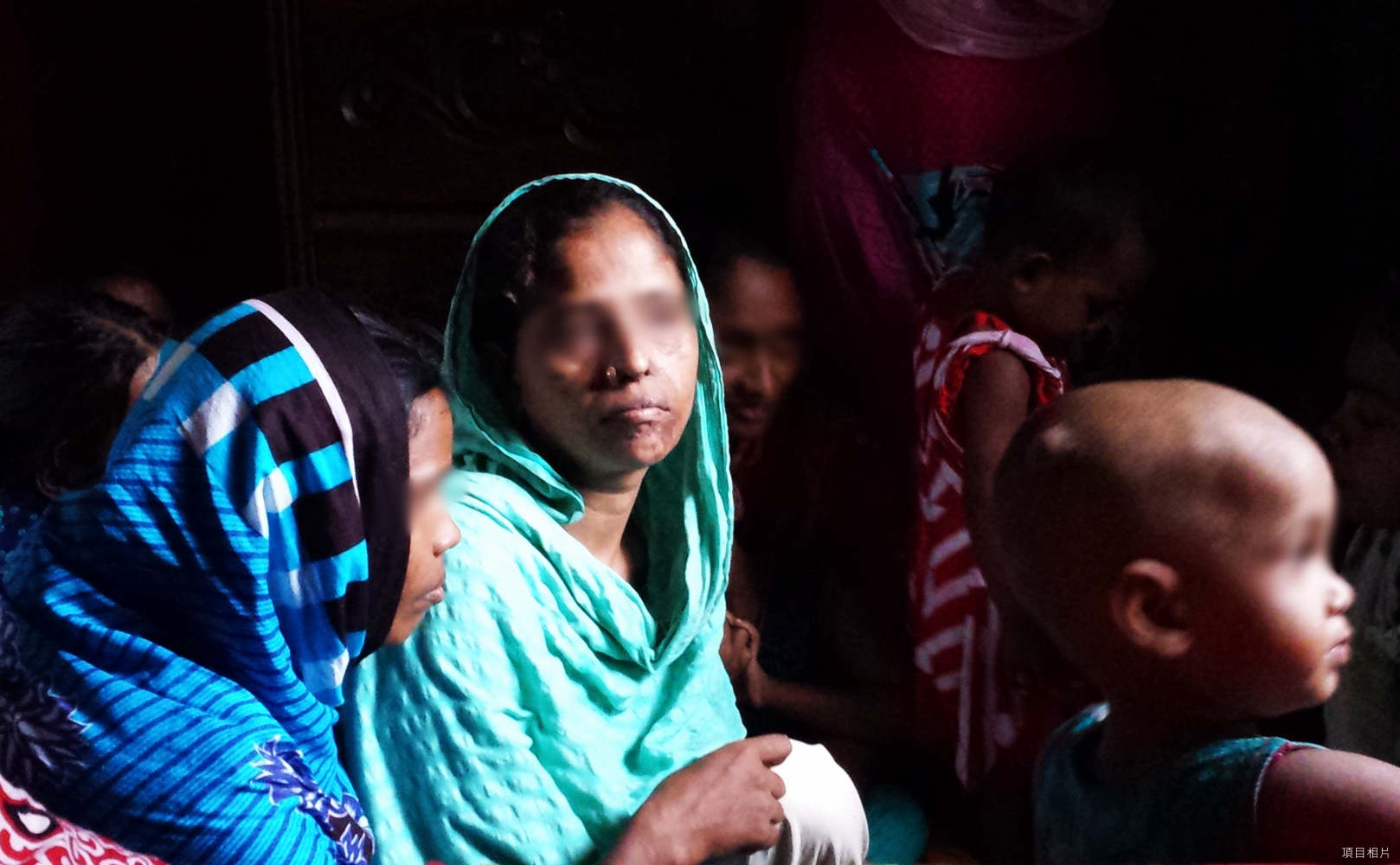Education is very important to the development of children. For those living in poor and developing countries, education is a critical and an effective way to lift them out of the poverty trap. In most of CEDAR’s project countries in Asia and Africa, there are projects to improve the quality of education and its accessibility.
In Hong Kong, CEDAR has a different role to play in regard to education. Instead of working to improve children’s basic education, we strive to educate both children and adults on global poverty issues. Through talks, experiential workshops and field trips, we hope to help participants understand more about poverty and other related issues, and to explore how they could respond and contribute.
Continue reading “Inside Out” and Post-disaster Rehabilitation?





